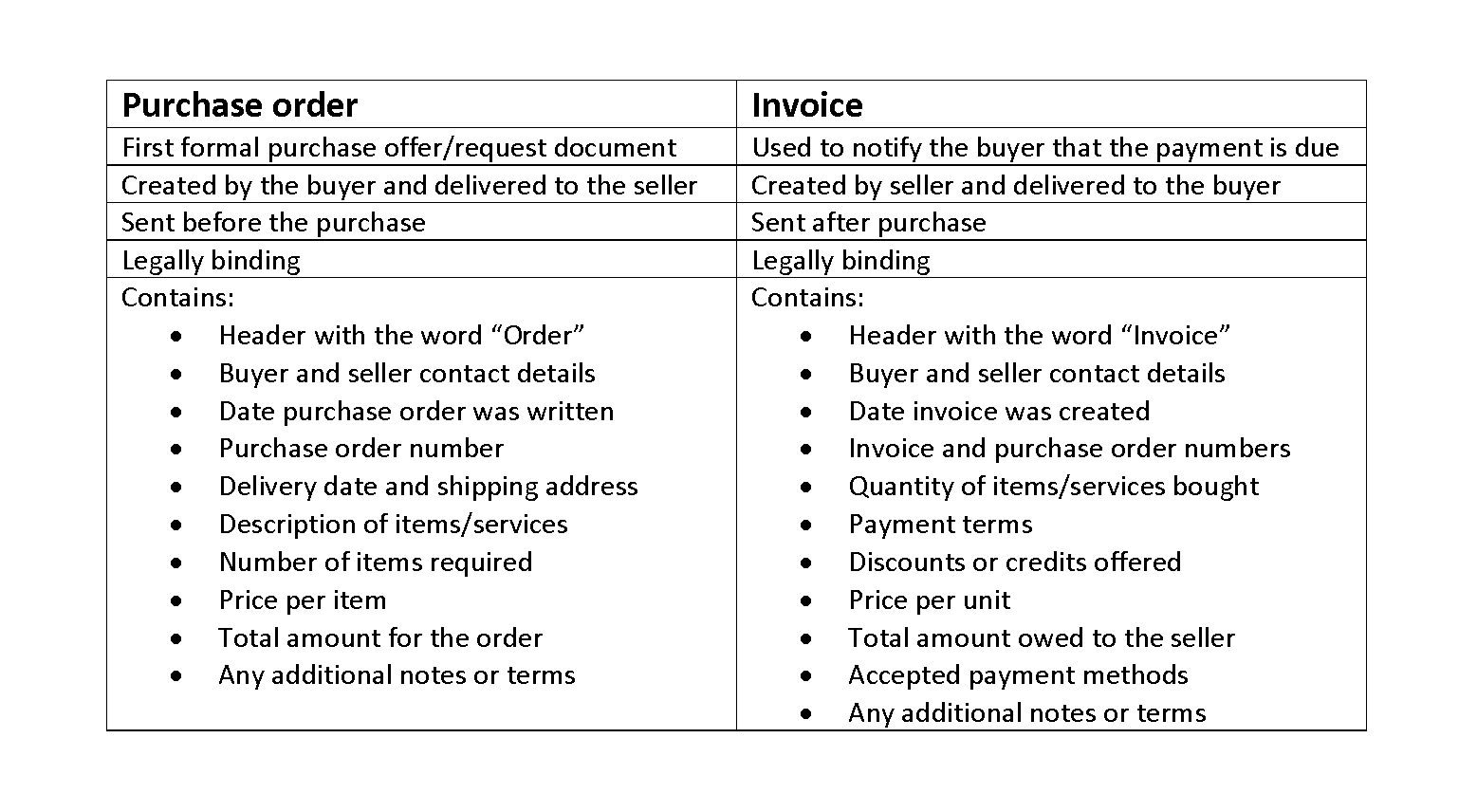
During audits, they review the company’s financial records and practices to ensure compliance with the relevant accounting standards. Unearned revenue is important because it represents a liability on the balance sheet, indicating that the company owes goods or services to the customer. Properly accounting for unearned HOA Accounting revenue ensures accurate financial reporting and compliance with accounting principles. Retail businesses, on the other hand, might deal with unearned revenue in the form of gift cards or customer deposits. Properly managing these liabilities ensures that the companys financial statements provide a true and fair view of its financial position and performance.
- Unearned revenue, also known as deferred revenue, arises when a company receives payment from customers before delivering the goods or services.
- On the balance sheet, unearned revenue is recorded as a liability because it signifies an obligation to provide future goods or services to the customer.
- Unearned revenue, also known as deferred revenue, represents advance payments received by a business for goods or services yet to be delivered.
- An invoice is sent to the customer, consequently, the customer advance shown as a liability on the balance sheet is removed.
- Properly managing unearned revenue is essential for businesses to provide a transparent and accurate view of their financial health to stakeholders.
- Certain industries have unique considerations when it comes to unearned revenue and the treatment of advance customer payments.
How is unearned revenue managed in retail and e-commerce?
This accounting treatment ensures that revenue is recognized in the period when the service is actually provided, adhering to the revenue recognition principle. Unearned revenue, also known as deferred revenue, refers to the advance payments received by a business for goods or services that are yet to be delivered or performed. According to accounting principles, these payments should not be recognized as revenue until the related goods or services have been provided.
What are the balance sheet implications of unearned revenue?
This ensures that the revenue recognition aligns with the performance obligations of the business. As the business fulfills its obligations, the unearned revenue is gradually recognized as earned revenue on the income statement. Adhering to these accounting principles helps maintain transparency and consistency in financial statements. It prevents the premature recognition of revenue, which could otherwise mislead stakeholders about the company’s financial health. Certain industries have unique considerations when it comes to unearned revenue and the treatment of advance customer payments. For instance, subscription-based businesses, such as software-as-a-service (SaaS) companies, often receive payments for services to be delivered over a adjusting entries period of time.
How are adjusting entries made as revenue is earned?
Recording unearned revenue involves debiting the cash account and crediting the unearned revenue account. As the company fulfills its obligations by delivering goods or services, the unearned revenue is gradually recognized as earned revenue. This process ensures that the financial statements accurately reflect the company’s financial position and performance. Unearned revenue, also known as deferred revenue, represents payments received by a business for goods or services yet to be delivered or performed. It is recorded as a liability on the balance sheet because it reflects an obligation to the customer.

Example – Journal Entry for Customer Advances
Therefore, adhering to proper accounting standards ensures transparency and reliability in financial reporting. On the balance sheet, unearned revenue is recorded as a liability because it signifies an obligation to provide future goods or services to the customer. This treatment ensures that the company’s financial statements accurately reflect its current financial position and obligations. When a customer makes an advance payment, the company must carefully track this unearned revenue to ensure amounts received in advance from customers for future products or services accurate financial reporting.

It is essential to have robust internal controls and regular audits to prevent and detect errors in revenue reporting. Best practices include maintaining detailed records, regularly reviewing and adjusting entries, and ensuring compliance with relevant accounting principles and standards. Under GAAP, unearned revenue must be recorded as a liability and recognized as revenue when the related goods or services are delivered or performed. Subscription-based businesses often receive payments in advance and must recognize revenue over the subscription period as services are provided. The revenue recognition principle states that revenue should be recognized when it is earned and realizable, regardless of when the cash is received.


Best practices for managing unearned revenue include implementing clear policies for revenue recognition and ensuring consistent application across all transactions. Companies should also invest in comprehensive training for accounting staff to keep them updated on the latest standards and regulations. Employing advanced accounting software can further streamline the process, reduce errors, and enhance the accuracy of financial reporting. Unearned revenue consists of any advance payments received from customers for products or services that the company has yet to deliver or perform. Unearned revenue, often arising from advance customer payments, poses several challenges in accounting.
- This is because the company has not yet fulfilled its obligation to deliver the goods or services.
- In the construction industry, projects are often long-term and payments are received at various stages of completion.
- Unearned revenue, also known as deferred revenue, refers to payments received by a business for goods or services that have not yet been delivered or performed.
- The revenue recognition principle states that revenue should be recognized when it is earned and realizable, regardless of when the cash is received.
- This ensures that revenue is recognized in the appropriate accounting period, providing a true representation of the company’s financial health.
Unearned revenue, also known as deferred revenue, refers to payments received by a business for goods or services that have not yet been delivered or performed. As per accrual based accounting the revenue is earned at this step i.e. when the final product is ready for delivery. An invoice is sent to the customer, consequently, the customer advance shown as a liability on the balance sheet is removed. Not to be confused with accrued income advance received from a customer is an ideal example of unearned income or deferred revenue. Funds collected as advance received from a customer are treated as a liability because the related revenue has not been earned by the business yet.
